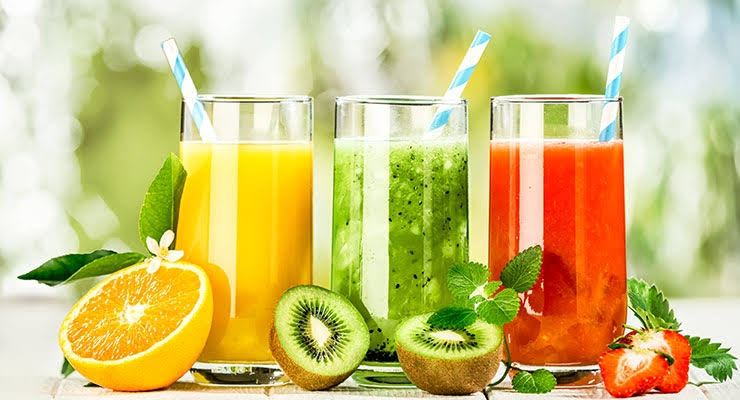New Research Reveals Multiple Factors Shaping Beverage Consumption Patterns in Africa

African beverage trends are driven by innovation and culture. From the cherished rituals of traditional tea and coffee to the emerging popularity of carbonated soft drinks and fruit juices. Africa’s beverage market is evolving rapidly, reflecting changing consumer preferences and the impact of various socio-economic factors.
Smollan representing some of the world’s most loved FMCG and commerce brands, gives a glimpse into Africa’s dynamic beverage consumption landscape – the driving forces, and the cultural significance they hold.
Multiple factors shape the evolving beverage consumption patterns in Africa. Economic growth has led to an expanding middle class with increased purchasing power, allowing consumers to explore a wider range around choices. The influence of social media and exposure to global trends have also played a pivotal role as consumers are now more aware of new products and flavours. Furthermore, Africa’s cultural diversity has resulted in a mosaic of preferences, with regional variations shaping beverage consumption trends.
Rich and robust teas from Kenyan purple to North African mint and Red Rooibos down south, capture a unique market with deep African roots steeped in ancient traditions and rituals. This market is projected to reach a CAGR of 5.5% between 2022 and 2027 according to a recent Mordor Intelligence report. So too, coffee holds an entrenched space from the cultural significance of the Ethiopian coffee ceremony to the birth of café culture in countries like Kenya, one of the world’s most prolific producers, and Morocco with Arabic coffee their national drink. Africa is certainly holding its own – from gaining recognition for their superlative teas, to robust coffee production and rising consumption levels. These beverages go beyond mere flavours and act as social lubricants, fostering community bonds, embodying the spirit of hospitality.
So too, with the global fruit juice market valued at US$ 147.5 Billion in 2022 according the IMARC Group, Africa significantly contributes to this growing sector, with brands such as Nigeria’s Chivita 100%, a “no added sugar, no preservatives and no artificial colours or flavours” – recently awarded brand of the decade at the ‘West African Brand Awards’. While further south, Ceres Fruit Juices, are widely consumed in Africa and imported to over 80 countries with the U.S., their largest market.
Global beverage giants have keenly observed the continent’s immense potential and invested in expanding their presence – for example, testament to the surge in consumption of carbonated soft drinks. Local bottling plants and efficient distribution networks have been established, making these beverages readily accessible to a larger population. Urbanisation, improved living standards, and growing disposable incomes have significantly driven African consumers’ escalating demand for these types of drinks. So too, the rise of locally manufactured brands offering a quality taste at a fraction of the cost, has created a competitive environment for global brands.
Warren Brett Cluster Executive, SEA Region, Smollan Tanzania said, “The fusion of traditional and international beverages reflects the dynamic nature of African consumption, with a blend of a much-loved heritage on the one hand and innovation on the other. We are seeing large-scale growth across multiple markets, with Coca-Cola and Pepsi in the carbonated sector, and Diageo, Heineken and ABInbev driving alcoholic beverage growth.”
Alcoholic beverages are prominent in African culture and are enjoyed during social gatherings and celebrations. Traditional beverages like Nigerian palm wine, sorghum beer from Zambia, and tchapalo millet beer from Côte d’Ivoire have been cherished across the continent for ages. With globalisation and urbanisation at play Western alcoholic beverages, including beer and spirits, have entered the market.
“Manufacturing is generally done locally, and while they have the strength of that and brand building on their side, we bring the expertise to deliver on execution through enabled technology. Ultimately creating a line of sight for the decision makers to be able to pivot the business around sustaining volumes and low margins. An evolving, dynamic landscape that is set to keep us on our toes with a long-term picture in mind, and that really drives us,” said Brett.












